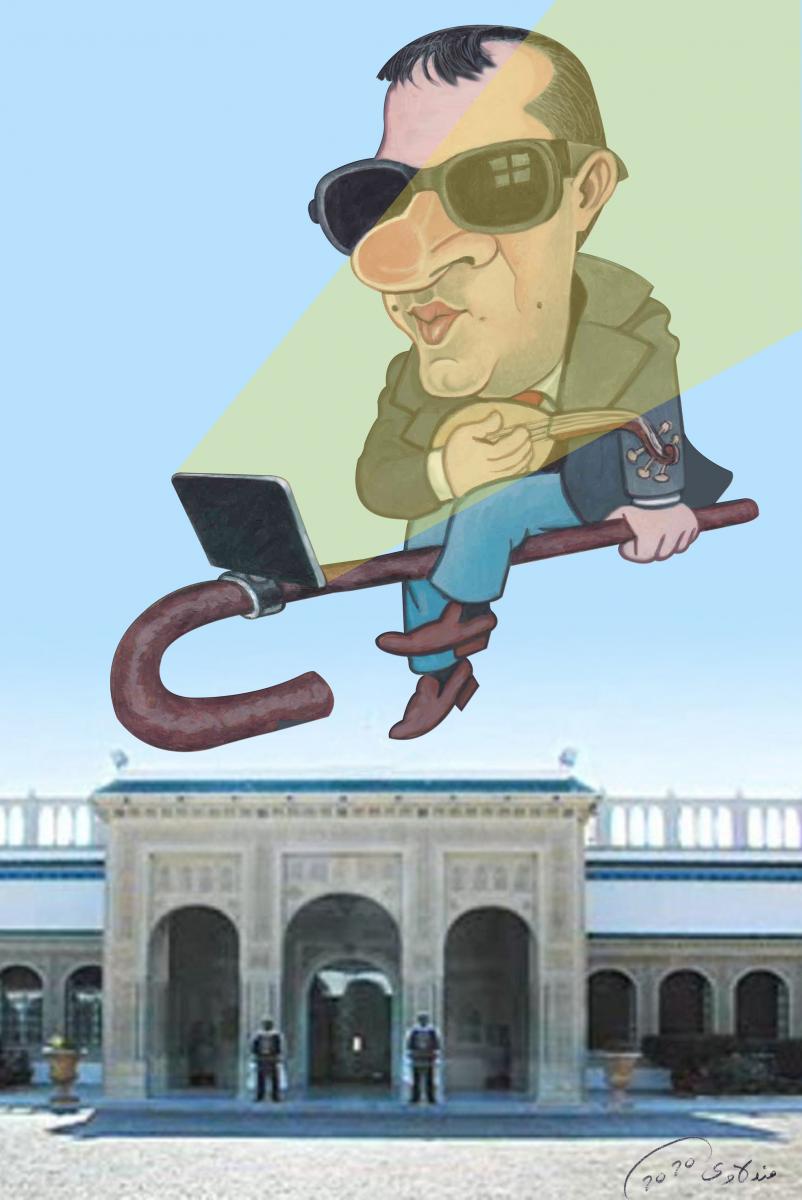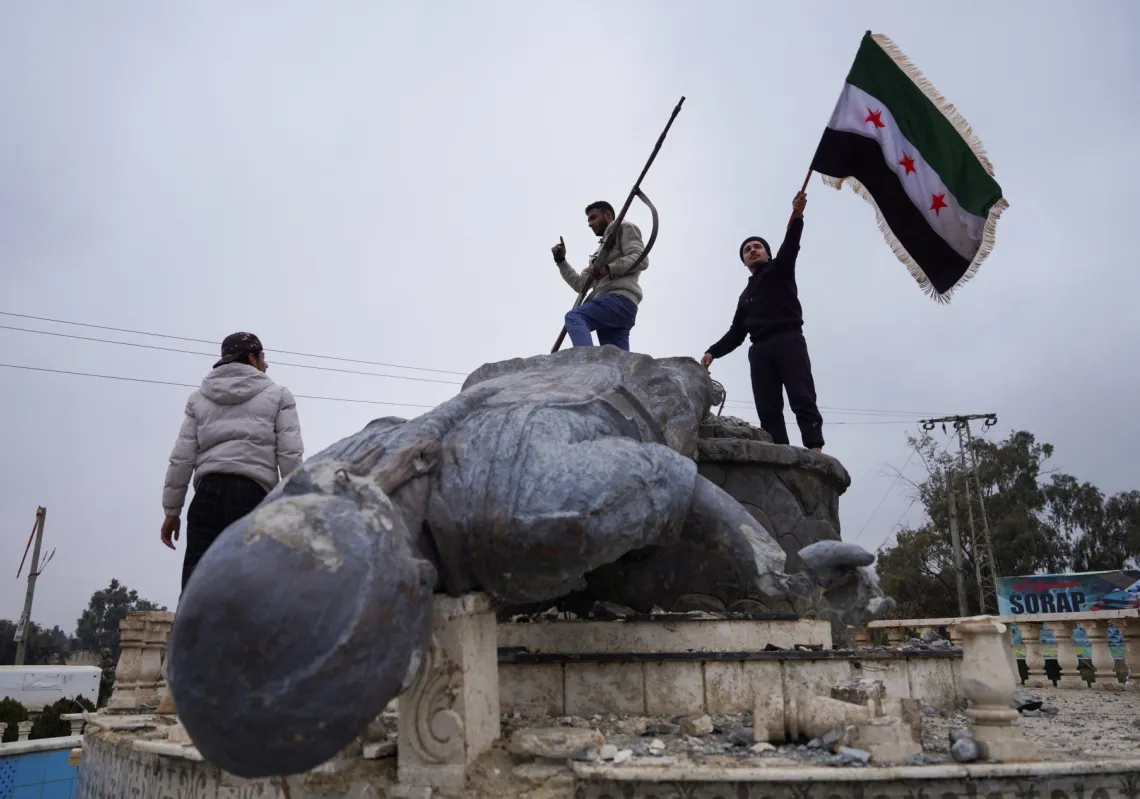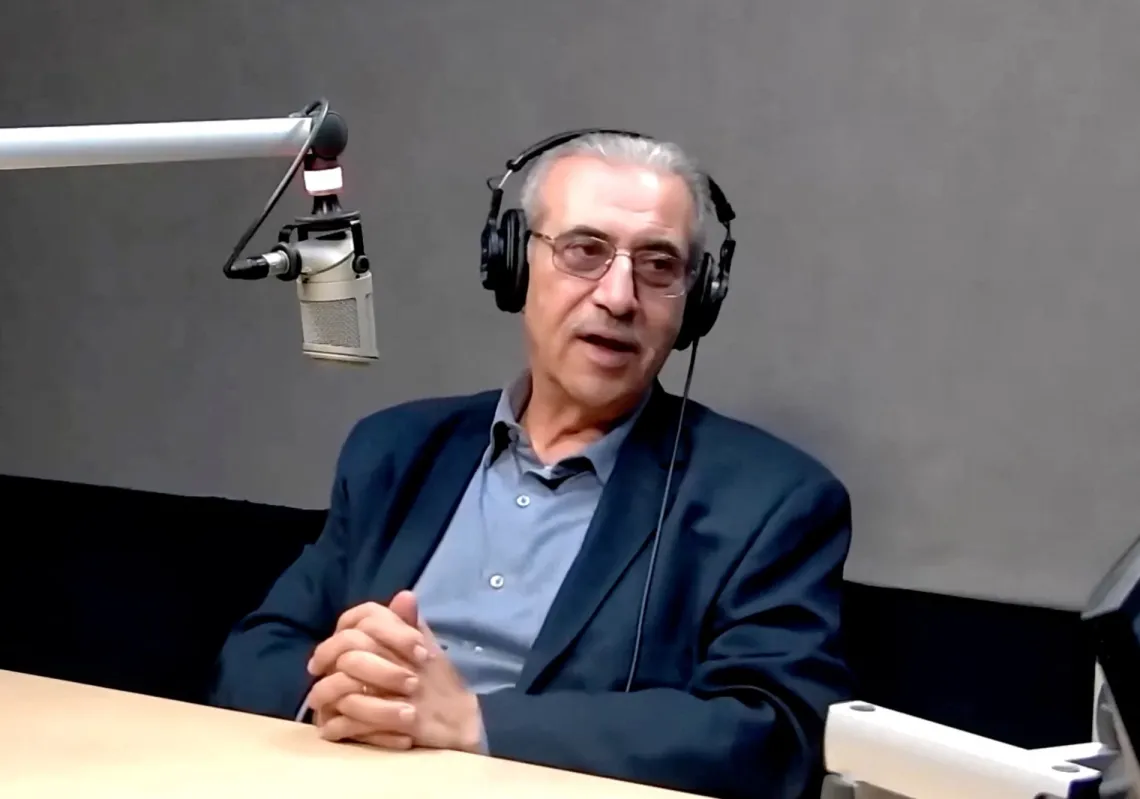
Walid Al-Zaidi was born on April 30, 1986 in the Tunisian state of El-Kef. Walid went blind at the blind age of two, but in spite of this setback he never allowed his disability to stand in his way of success. Walid was a born academic, as he always yearned for more and more knowledge. During his school years, he studied at the Al-Nour Institute for the Blind in Bir Al-Kassa, northern Tunisia. For his secondary and high school education he attended The Institute for the Blind in Sousse. He would graduate with distinction, and he subsequently joined Preparatory Institute for Literary Studies and Humanities at the University of Tunis.
Further Academic Career
After he obtained his bachelor’s degree, Walid enrolled at the University of Manouba’s Faculty of Arts and Humanities where he would do his PhD in literature. While completing his studies, Walid worked the faculty as a translation and rhetoric professor, and he also worked as a researcher studying rhetorical and deliberative sciences, and as a researcher in the psychology of disability. In January 2019, he discussed his doctorate thesis, after which he became the first blind man in Tunisia to obtain a PhD in literature.
Entry into Politics
Walid’s impressive repertoire in academia impressed the governing officials of Tunisia, as he was chosen to join Prime Minister Hicham El Mechichi’s new government as the Minister of Culture. Upon accepting his new post, Walid stated that his mission during his tenure would be to make art and culture accessible to the masses regardless of anyone’s class, creed or upbringing.
“My project, basically, is to convey culture to the obscure, to the forgotten, to deliver culture to children who are born in remote areas, and to those who are separated from culture for whatever reason… My mission is for the citizen to participate in the production of culture regardless of his age or class.”
The Taha Hussein of Tunisia
Due to his blindness and his academic career in literature, Walid has been compared to famed Egyptian writer and scholar Taha Hussein who was also a blind man. Like Walid, Hussein studied literature at various institutes such as Al Azhar University and Cairo University in Egypt and Montpellier University in France. Hussein was a famed writer who wrote several novels, social commentaries and academic essays. Dubbed the “Dean of Arabic Literature”, Huissien was nominated for the Nobel Peace Prize 14 times. Perhaps the most striking similarity that both men share is their desire to give greater accessibility to the masses. As Egypt’s Minister of Education, Hussein called for education to become free so that all Egyptians, regardless of social class, had the ability for social mobility. His relentless work paid off, as during his ministerial tenure, public education became available for every Egyptian child. Here’s hoping that Wallid can follow in Hussein’s footsteps and make culture and art accessible to every person in Tunisia.








